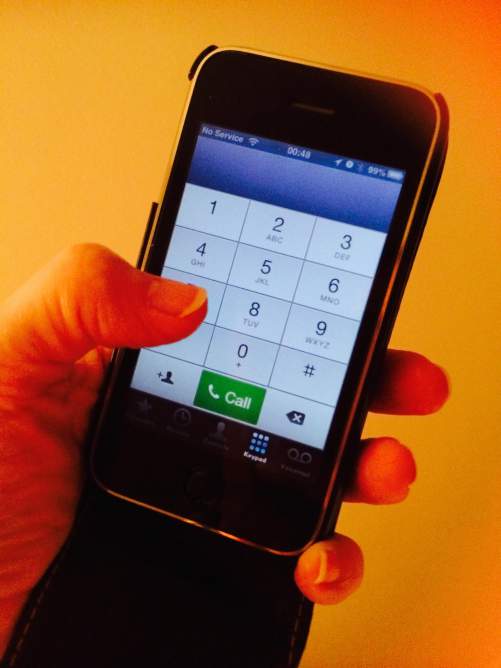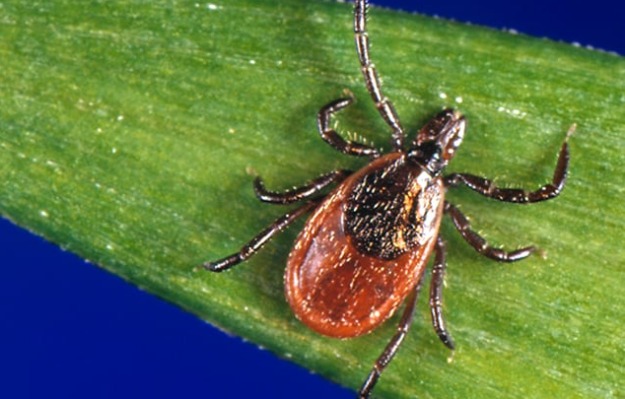
Did you know that artificial light, particularly that from blue lights, can have a detrimental affect on your sleep schedule and subsequently your health? In a day and age where we are attached to our communication devices, like smart-phones, laptops and tablets, we spend more and more time under artificial light – disrupting our biological clock (circadian rhythm) and sleep cycles.
Exposure to this artificial light, even dim amounts, has been linked to a suppression in melatonin, a crucial hormone that not only serves as an anti-oxidant, but is responsible for our night-day cycle. Many people try to make up for this suppression by supplementation – taking melatonin in pill form, in spite of the fact that their bodies produce the hormone naturally. The worst offender in the artificial light category is that of blue light which is commonly emitted from our smartphones, televisions and computer screens.

Sleep deprivation has been directly linked to a variety of ailments including obesity, immune system suppression, increased blood sugar (leading to Type 2 Diabetes), heart disease, obesity and more.
It’s important to understand that artificial light, including blue light emitted from our devices, is not necessarily a health hazard or bad for us. It is the use of this artificial light during night-time hours that leads to adverse health effects. We interrupt our body’s natural process of producing melatonin to help initiate natural, healthy, drowsiness that leads to restful sleep. Our bodies begin this process of melatonin production a few hours before our last exposure to blue light.
It is entirely unrealistic and impractical to expect people to discontinue using televisions, phones and computers when the sun goes down. Our livelihoods depend on these devices and entertainment has its own therapeutic benefits. We don’t need to set aside our devices (although that wouldn’t hurt on occasion) or implement a drastic lifestyle change. Here are some valuable tips to help get out of your own way and let your body return to its natural biological cycle. You’ll get a more restful night of sleep, improve your health, and live a longer life.
- Wear amber-lensed, blue-blocking glasses.
- Consider switching to red light- the color frequency that is the least intense in terms of affecting melatonin production.
- Many smartphone, televisions and computers have a night-time settings. Make the switch.
- Try an app that can remove blue light – For Desktop, Mac, iPhone/iPad and for Android Devices.
- Avoid Digital Screens for one hour before going to bed.
This public service announcement was brought to you by Advanced Eye Centers.
Advanced Eye Centers
Facebook: facebook.com/AdvancedEyeCenters
Website: 2020aec.com
Twitter: twitter.com/2020AEC
E-Mail: info@2020aec.com
Monday – Friday: 8:30 AM to 4:30 PM
Saturday: 8:30 AM to Noon (Dartmouth Only)
NORTH DARTMOUTH
500 Faunce Corner Road, Suite 110
North Dartmouth, MA 02747
(508) 717-0270
TAUNTON
1 Washington Street
Taunton, MA 02780
(508) 802-6770
NEW BEDFORD
854 Purchase Street
New Bedford, MA 02740
(508) 717-0477
FALL RIVER
1741 President Avenue
Fall River, MA 02720
(508) 674-2020
 New Bedford Guide Your Guide to New Bedford and South Coast, MA
New Bedford Guide Your Guide to New Bedford and South Coast, MA











